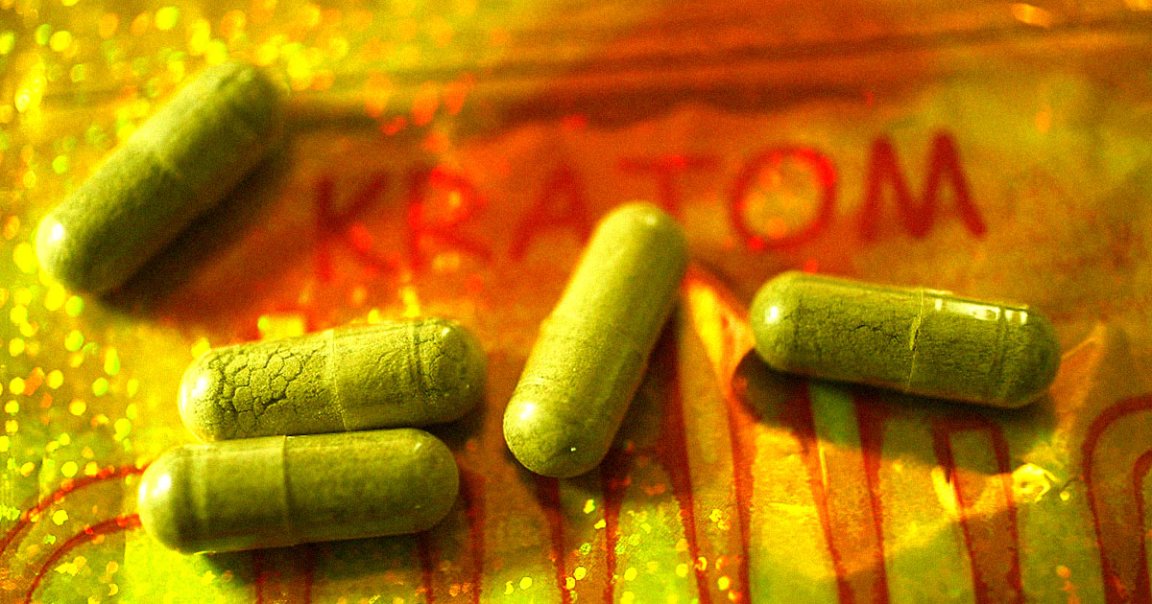
According to several lawsuits filed in the US, people are dying after overdosing on an herbal supplement called kratom, a Southeast Asian plant that’s gained global prominence as a recreational drug in recent years.
Herbal tea made from the leaves of the plant, which is in the coffee family, can act as a stimulant, relieve pain, and even possibly treat symptoms of opioid withdrawal, as NPR reports. But in higher doses, it’s far more dangerous and has been linked to addiction, seizures, and even death.
In response to several reports of kratom-related deaths, thousands of Americans are now advocating for increased scrutiny and regulation of the substance.
Some deaths seemingly involved highly concentrated extracts of the plant, which can be acquired online. Last year, the parents of 23-year-old Ethan Pope, who was found dead on the kitchen floor, filed wrongful death lawsuits against several people, companies, and organizations connected to the manufacturing, marketing, and sale of kratom, the Associated Press reported at the time.
According to the coroner, Pope died from intoxication of mitragynine, a psychoactive compound found in kratom.
“When you’re selling a drug next to Skittles or energy drinks,” Atlanta attorney Matt Wetherington told NPR, “you have no means of knowing that you’re dealing with something that is exponentially more dangerous than anything else on the shelf.”
Meanwhile, the US Food and Drug Administration warns that “there are no drug products containing kratom or its two main chemical components that are legally on the market in the US.”
The FDA also notes that it isn’t lawfully marketed as a “drug product, a dietary supplement, or a food additive in conventional food.”
According to NPR, a dozen states regulate the substance, while five states have already banned it.
Yet it’s still widely available in head shops and gas stations, and has become a popular way for people to treat conditions including chronic pain, diarrhea, or even depression, with an estimated 1.7 million Americans using it in 2021.
And business is booming. According to the consumer advocacy group American Kratom Association, which has been advocating for federal rules regarding its consumption, it’s a billion-dollar market.
But scientists are understandably wary of its health effects, especially when consuming highly-concentrated forms of the substance.
“It really brings to bear the question in the marketplace: What is safe? What isn’t safe?” Christopher McCurdy, a medicinal chemist at the University of Florida, told NPR.
“There’s just a ton more science that needs to be done,” he added.
More on supplements: Eccentric Zillionaire Spends $2 Million Per Year Staving Off Aging